5 Reasons Superchargers Are Dying Out
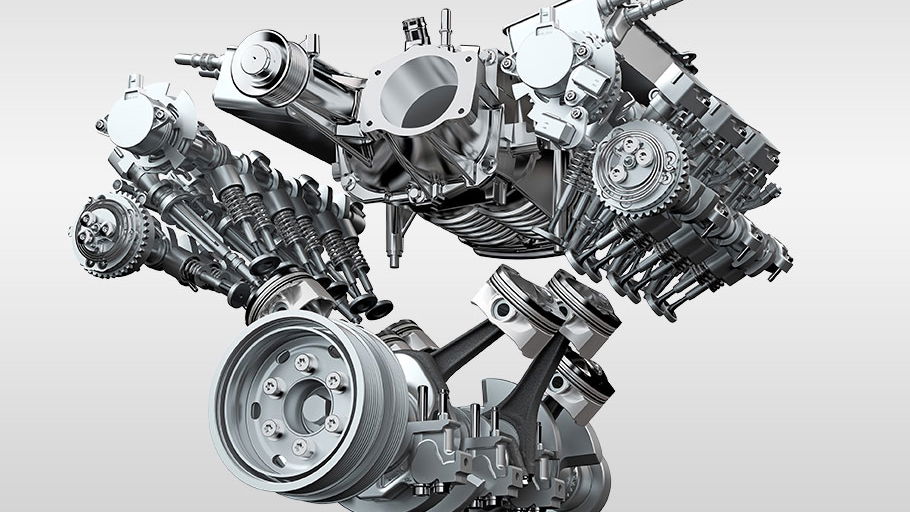
Superchargers have been a staple of forced induction for decades, with the first supercharged cars strapping the compressors to the front of the engine before emigrating to sit either on top of the engine block or bolted to the engine’s flank. Despite the legendary whine of this induction method, superchargers are dying out with the dawn of downsizing and turbocharging.
It’s even looking like Jaguar might be leaving superchargers in the past, having once been stalwarts of the technology for the last couple of decades, and one of the few manufacturers still using them.
So why are they old hat?
1. Lack of efficiency
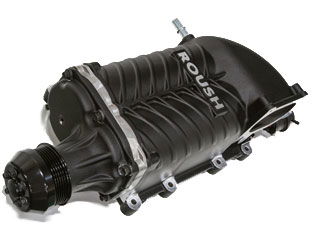
While turbochargers recycle exhaust gases and increase an engine’s efficiency, a supercharger is driven by a connection to a belt running from the crankshaft. This means that energy is being sapped from the engine’s natural rotation to power the supercharger. This is known as a parasitic loss.
The parasitic loss is also directly proportional to an increase in fuel consumption as the engine is working harder to produce the desired power, which these days is a massive black mark in any manufacturer’s book.
2. Dimensions
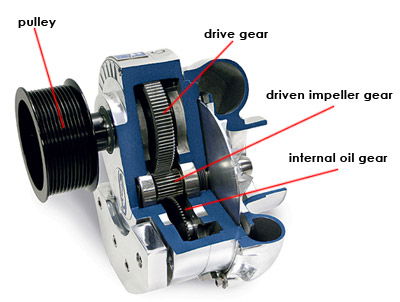
With the automotive power war in full swing, it is fairly easy for a manufacturer to ramp up the power from a turbocharged engine by turning up boost pressure or fiddling with the turbine’s internals. For a supercharger to keep up in the same fashion, the dimensions of the entire ‘charger would have to increase in conjunction with the amount of desired boost, blowing up to something inconveniently heavy and massive.
3. Reliability
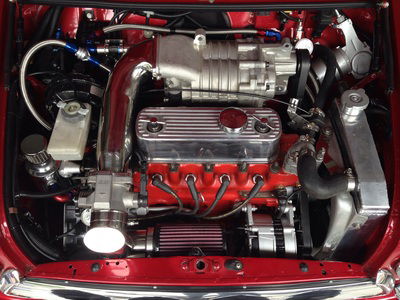
A supercharger puts a huge amount of stress on an engine through kinetic energy and heat production, therefore many engine components have to be over-engineered to cope with the additional strains put upon them. In most cases, this then leads to added weight and diminishing returns in terms of performance.
4. High weight placement
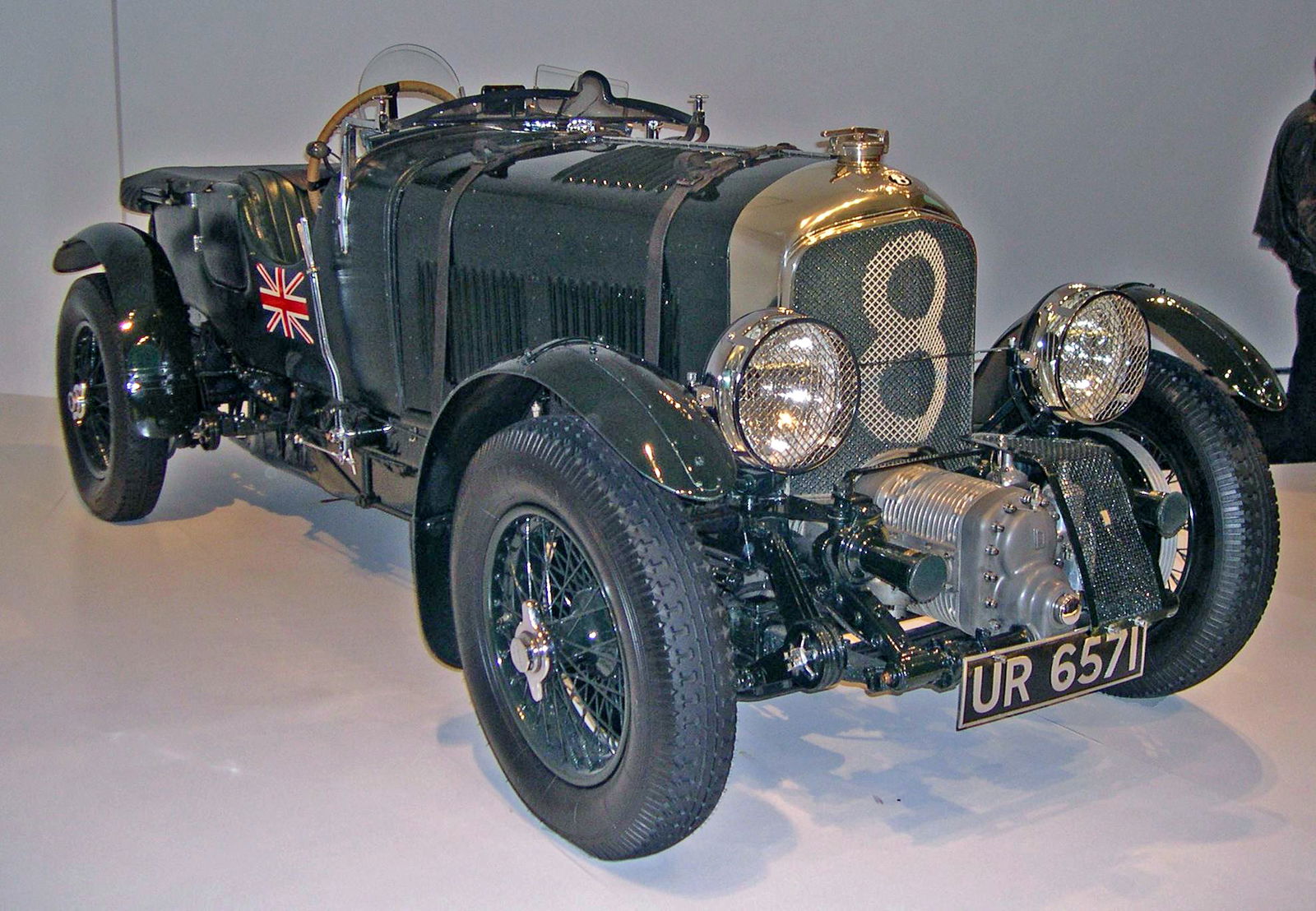
The popular placement for a modern supercharger is above the bank of cylinders, with many V8 engines positioning it neatly above the engine’s V. Unfortunately, this means a large chunk of metal alloy is sitting very high in the engine bay, raising the overall centre of gravity of the car which could potentially disturb the car’s dynamics. An increase in height of the centre of gravity increases the rate of yaw and will lead to much more lateral lean during hard cornering; not something that’s ideal for performance car motoring.
5. Cost
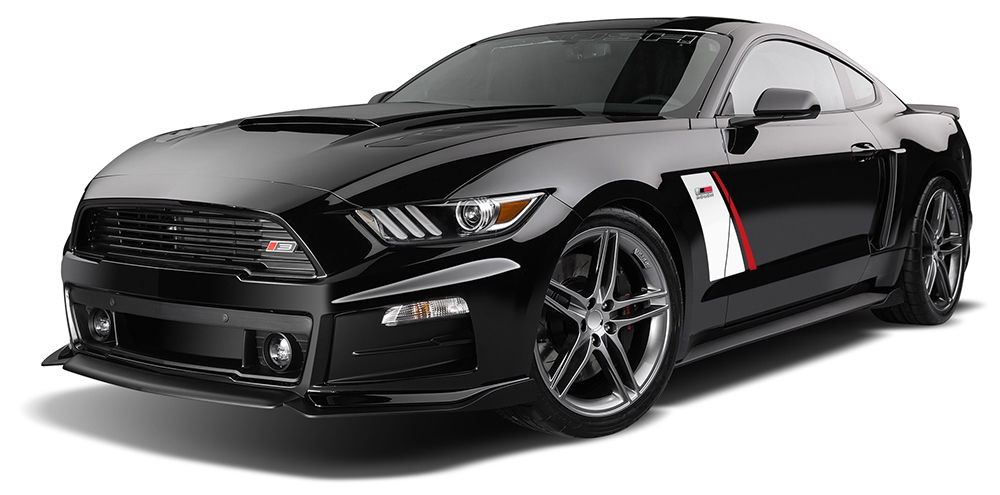
The sheer amount of engineering that goes into supercharging a vehicle almost inevitably trickles down into the price tag. The additional reinforcing of standard components to meet the specifications for supercharging will inevitably lead to a higher price tag along with the need to use premium fuels in engines subjected to the stresses of forced induction of this manner.
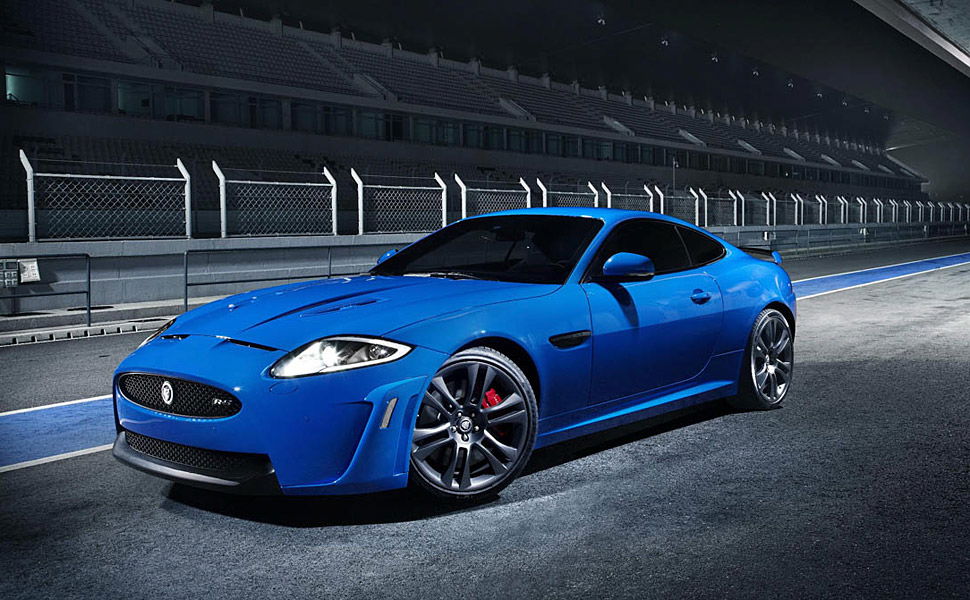
I personally love the sound and feel of a supercharger and would take one over a turbocharger on my Mk2 MX-5 any day of the week. Thee linear power delivery and the visceral shriek they pump into the cabin is truly addictive. Cars like the Vauxhall VXR8 and the Jaguar XKR-S are supercharged legends, or you could go the full whack and combine supercharging with turbocharging like Lancia on the brutal Delta S4. If there was ever an argument for supercharging, this onboard footage is it.
I’ll be sad to see superchargers consigned to the history books. They’re not perfect, but cars wouldn’t be any fun if they were flawless, would they?
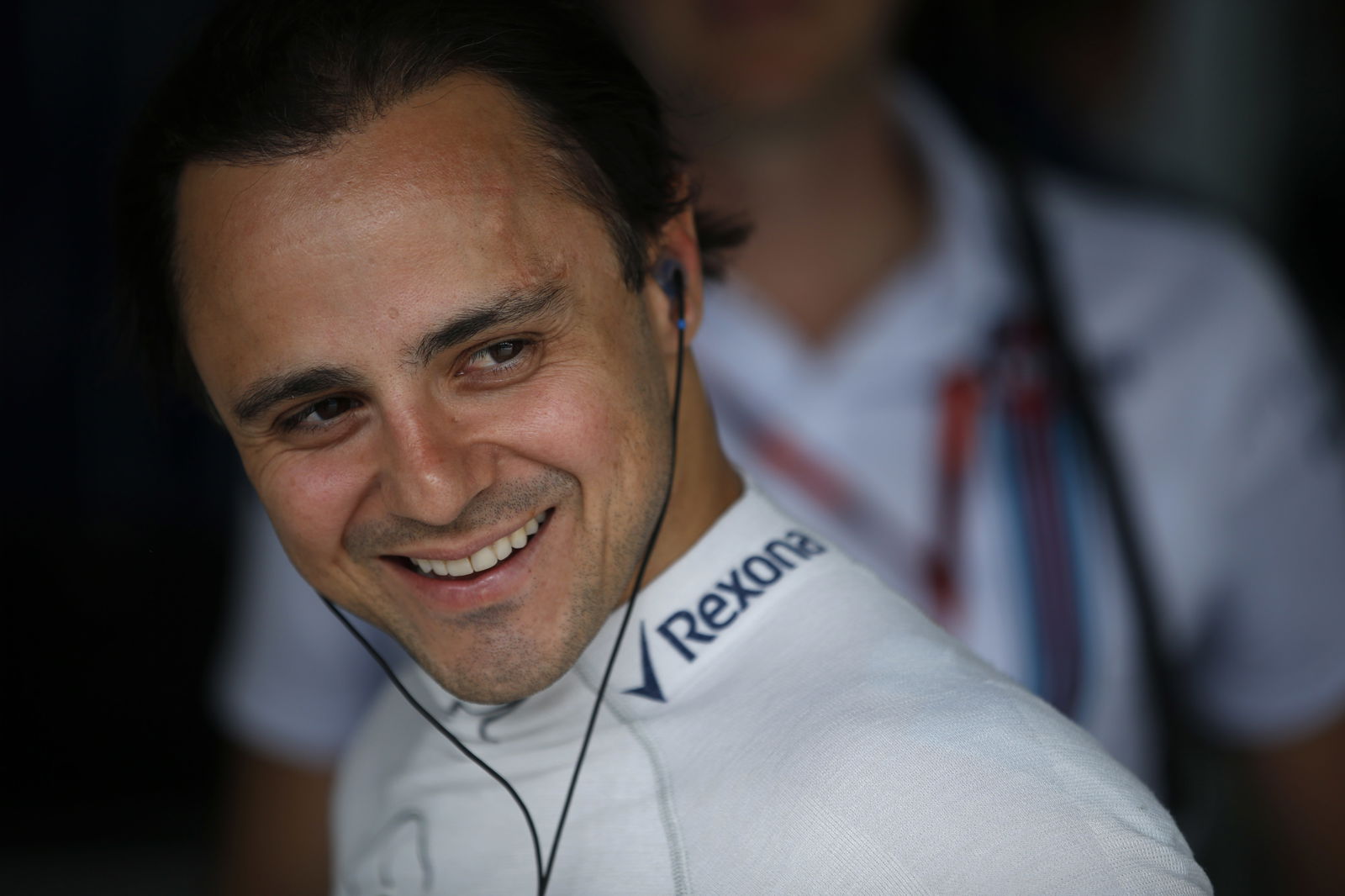
Comments
Im not sure number 5 counts. Also i dont think super chatgers are going anywhere becuase so far turbos cant keep up with superchargers in the 1/4 mile due to turbo lag and inability to spool up large turbos before the lights turn green
This is a flimsy article, its like saying turbos will soon be out because of lag. These are very small issues that were mentioned, someone down here has posted all the things that cancel out your reasons. Things like strengthening happen for turbos, the leeching effect isnt that bad and its plumbing is less than turbos and easily accessible but I am a turbo guy, just whoop ass as you tsu tsu tsu away
turbos are good for 2000hp supras and the PHTOOF PHTOOF PHTOOF when you back off the throttle but i still like the instant tyre shredability from a supercharger and the bwwwaaaaaaaa scream from the belt drive
Your dumb and your article is dumb.
And people say I should supercharge my V6 Commodore rather than a single turbo. I want a 4 door Buick GNX, can’t do that with a supercharger. I would prefer a supercharger on a crossplane V8, but a turbo V6 sounds right to me
One of the reasons I went for my Lotus over some of the competition was their choice of supercharging over turbocharging - to me any type of turbo lag corrupts the driving experience for a pure sports car and on the roads I drive throttle response is way more important than outright power
Superchargers are amazing when loving in mountains and driving on high altitude by maintaining internal air pressure in a lower than usual pressure altitude
The coming thing for at least short bursts of power is hybrid technology of various kinds. F1 has been using it for a while and with endurance racing that is where future auto tech comes from. Currently, passenger vehicles are using less and less displacement for the same power output compared to even 5 years ago. Looking at the specs I see 1.6 liter engines with 12-15:1 compression on unleaded regular with around 130 hp. Now manufacturers are engineering small engines with turbos tuned for mainly low end torque and these models are faster with better mpg. The real key is reduced vehicle weight. As Colin Chapman said, “Simplify, then add lightness”.
the Z06 has also a great supercharger
or you can just drums start rolling do a super turbo setup, supercharger to get that instant power and build the pressures for the turbo, turbo for that pull all the way up to redline. As for emissions……its plenty of smiles per gallon
Pagination